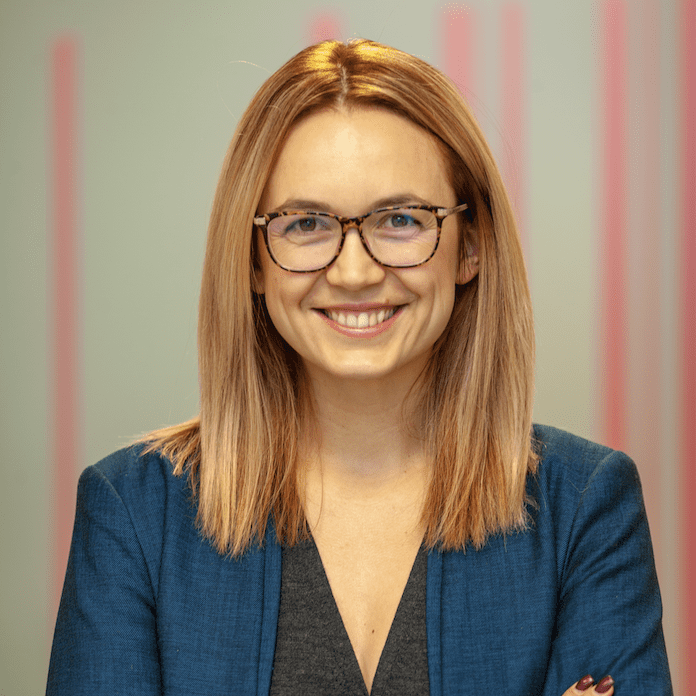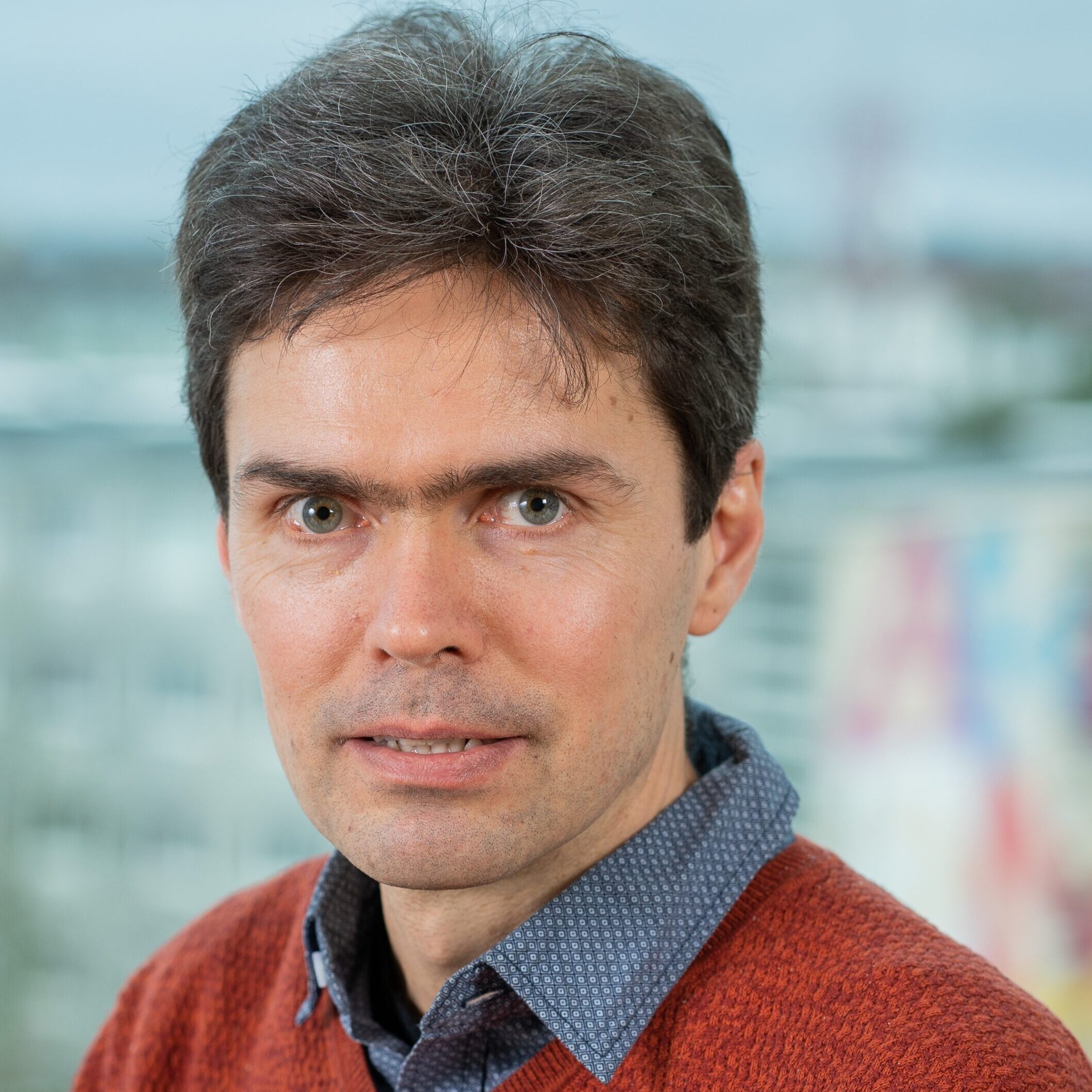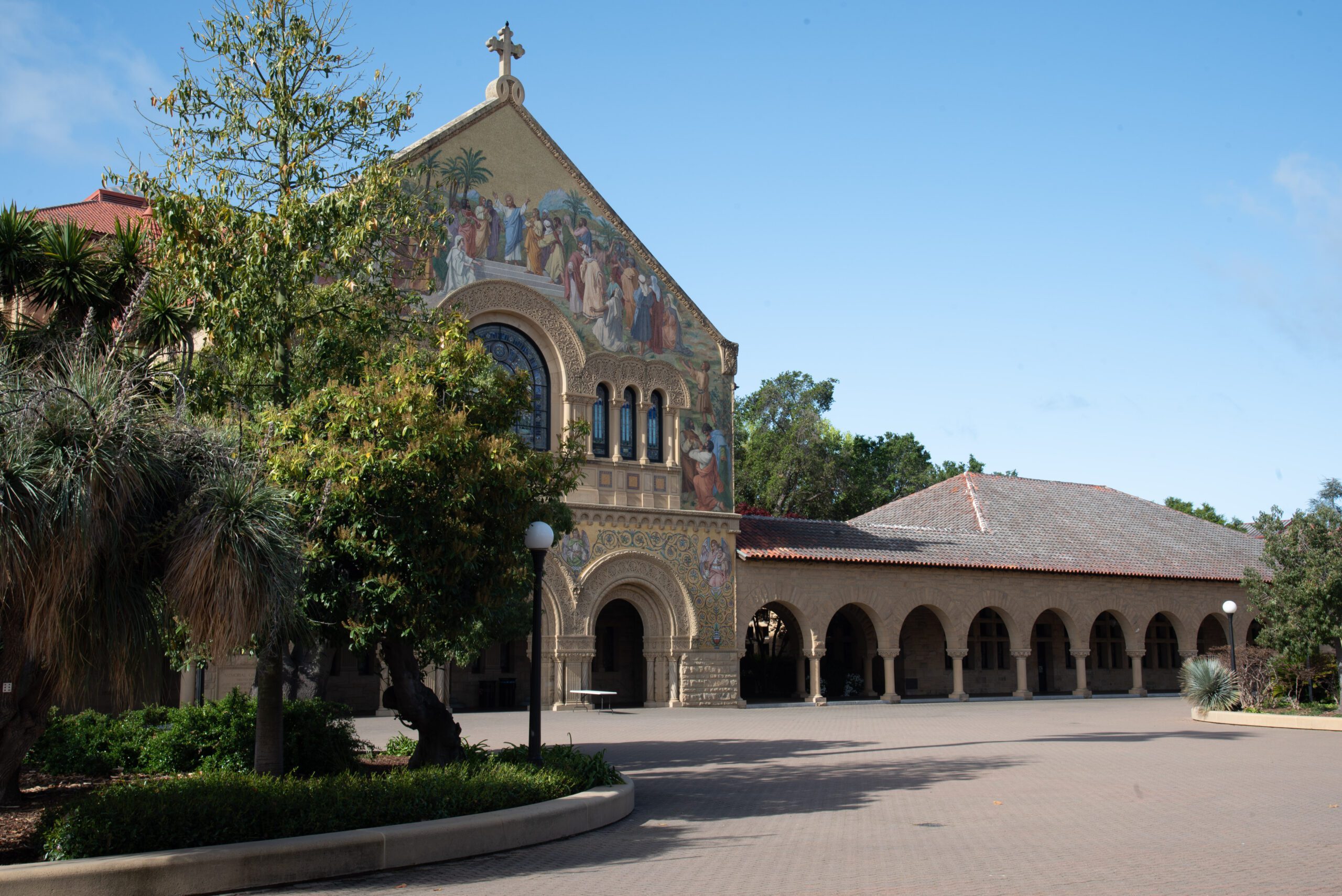Stanford University Libraries and Tallinn University of Technology (TalTech) are pleased to announce that Dr. Anu Masso, Dr. Anna-Maria Osula, and Dr. Jaan Raik have been awarded the 2022 Global Digital Governance Fellowship at Stanford University for Estonian Scholars. The annual 2-6-month fellowship enables TalTech’s researchers to visit Stanford University and make use of its academic knowledge, networks, and collections related to the study of information and communications technology (ICT), digital society and economy, cyber security, smart governance, and technology and trust. The fellowship also aims at enhancing Estonian scholars’ ability to share their knowledge of and experience in issues related to cyber security, e-governance, and trust and technology with the research community at one of the top universities in the world and other relevant entities in Silicon Valley, thus contributing to a better understanding of these topics on a global level. The fellowship is hosted by SUL’s Baltic Studies Program and co-hosted by Stanford’s Program on Geopolitics, Technology, and Governance and Electrical Engineering Department.
Anu Masso is associate professor of big data in social sciences at Ragnar Nurkse Department of Innovation and Governance, Tallinn University of Technology (TalTech). She grounded at TalTech the DataLab in 2018 after her post-doctoral studies within Marie Curie Fellowship at ETH Zürich. Her research focuses on (critical) big data studies, social transformations, and spatial mobilities; she is also known for her extensive work on social science methods and methodologies. Her publications include articles in leading peer-reviewed journals, e.g., Social Networks; New Media and Society; Information, Communication & Society, Information Systems Frontiers, and Population, Space and Place.
Anu Masso’s research during the Global Digital Governance Fellowship at Stanford University contributes to further developing the research framework of data migration – the social transformations related to data technologies moving across (state) borders. An example of data migration is the artificial intelligence solution Ubenwa, developed in Canada based on data collected in Mexico and tested and implemented in Nigeria (to prevent neonatal asphyxia). She seeks to answer the questions: What changes in governance are needed to enable the relocation of data technologies? What transformations will take place in societies if such relocation succeeds or, conversely, fails?
Anu Masso’s public talk at Stanford, “The Nature of Data Migration,” hosted by Stanford’s Program on Geopolitics, Technology, and Governance, will introduce an interdisciplinary theoretical approach for data migration, combining concepts from human geography and migrations studies, sociology and social transformations, and interdisciplinary data studies. This conceptual approach strives to investigate and provide new knowledge of what is happening as data technologies travel across different country contexts.
 Anna-Maria Osula is senior researcher at Tallinn University of Technology and a senior policy officer at Guardtime. Her current research focus is cyber diplomacy and international law applicable to cyber operations. She also serves as a research fellow at Masaryk University under the project “Cyber Security, Cyber Crime and Critical Information Infrastructures Center of Excellence”. Previously, she worked as a legal researcher at the NATO CCDCOE, undertaking projects on national cyber security strategies, international organizations, international criminal cooperation, and norms. In addition to a Ph.D. in law from the University of Tartu, she holds an LLM degree in IT law from Stockholm University.
Anna-Maria Osula is senior researcher at Tallinn University of Technology and a senior policy officer at Guardtime. Her current research focus is cyber diplomacy and international law applicable to cyber operations. She also serves as a research fellow at Masaryk University under the project “Cyber Security, Cyber Crime and Critical Information Infrastructures Center of Excellence”. Previously, she worked as a legal researcher at the NATO CCDCOE, undertaking projects on national cyber security strategies, international organizations, international criminal cooperation, and norms. In addition to a Ph.D. in law from the University of Tartu, she holds an LLM degree in IT law from Stockholm University.
Anna-Maria Osula’s research at Stanford will focus on the role of the private sector in cyber diplomacy. Given the multistakeholder nature of running the Internet and governing information and communication technologies, nation-states are not the only entities interested in shaping norms of behavior for cyberspace. Non-state actors are directly impacted by any decision on international norms in cyberspace. They are also expected to behave as responsible actors, being tied by the agreements negotiated by states at the UN platform. This means that non-state actors are involved in building and promoting norms and also playing a role in their interpretation and implementation. She will analyze private sector involvement in advancing cyber norms in international fora such as the United Nations and draw conclusions on whether we can observe a change in the traditional understanding of the concept of diplomacy.
Anna-Maria Osula’s public talk at Stanford, “International norms for State behavior in cyberspace – are we at a dead end?,” hosted by Stanford’s Program on Geopolitics, Technology, and Governance, will analyze current processes towards building cyber norms at the UN level and highlight their weak spots. She argues that accountability, enforcement of the agreed-upon norms, and the format of future negotiations are the current weak spots. The presentation will also discuss the EU Member States’ approach to the interpretation of International Law on cyber operations, and analyze the EU’s goal to develop a common view on International Law in cyberspace amongst 27 Member States.
 Jaan Raik is professor of digital systems’ verification at the Department of Computer Systems and the head of the Centre for Dependable Computing Systems of TalTech University, Estonia. Prof. Raik received his M.Sc. and Ph.D. degrees at Tal Tech in 1997 and in 2001, respectively. He has co-authored more than 200 peer-reviewed scientific publications. His research interests cover a wide area in electrical engineering and computer science domains including hardware test, functional verification, fault-tolerance and security as well as emerging computer architectures. He is a member of IEEE Computer Society, HiPEAC and a member of steering/program committees of several leading conferences in his fields. He acted as the General Co-Chair of IEEE European Test Symposium 2020, the General Chair of the IFIP/IEEE VLSI-SoC’16 and IEEE DDECS’12 Conferences and the Program Co-Chair of CDN-Live’16 and the Program Chair of IEEE DDECS’15. He was the main coordinator for several Europe-wide research and collaboration actions, including Horizon 2020 RIA IMMORTAL, Widening Twinning TUTORIAL and FP7 Collaborative Research DIAMOND. He has also acted as the local lead for the FP6 STREP VERTIGO and FP7 Collaborative Research BASTION. He has been awarded the national Young Scientist Award (2004), Estonian Academy of Science’s Bernhard Schmidt Award for innovation (2007) and the Order of the White Star 4th class medal by the President of Estonia (2016). 15 PhD Theses have been successfully defended under his supervision.
Jaan Raik is professor of digital systems’ verification at the Department of Computer Systems and the head of the Centre for Dependable Computing Systems of TalTech University, Estonia. Prof. Raik received his M.Sc. and Ph.D. degrees at Tal Tech in 1997 and in 2001, respectively. He has co-authored more than 200 peer-reviewed scientific publications. His research interests cover a wide area in electrical engineering and computer science domains including hardware test, functional verification, fault-tolerance and security as well as emerging computer architectures. He is a member of IEEE Computer Society, HiPEAC and a member of steering/program committees of several leading conferences in his fields. He acted as the General Co-Chair of IEEE European Test Symposium 2020, the General Chair of the IFIP/IEEE VLSI-SoC’16 and IEEE DDECS’12 Conferences and the Program Co-Chair of CDN-Live’16 and the Program Chair of IEEE DDECS’15. He was the main coordinator for several Europe-wide research and collaboration actions, including Horizon 2020 RIA IMMORTAL, Widening Twinning TUTORIAL and FP7 Collaborative Research DIAMOND. He has also acted as the local lead for the FP6 STREP VERTIGO and FP7 Collaborative Research BASTION. He has been awarded the national Young Scientist Award (2004), Estonian Academy of Science’s Bernhard Schmidt Award for innovation (2007) and the Order of the White Star 4th class medal by the President of Estonia (2016). 15 PhD Theses have been successfully defended under his supervision.
The focus of Jaan Raik’s stay at Stanford is collaborative research on the security of computer chips. The topic is especially timely in connection with the ongoing chip crisis and concentration of production into Asian countries. More specifically, the objective is to develop novel information leakage monitoring for chips in collaboration with Prof. Subhasish Mitra’s lab at the Stanford Department of Electrical Engineering. In particular, the work will consider the security in emerging chip technologies and architectures such as memristors, non-volatile memories and deep neural networks. During his stay, he will share his expertise gained from leading numerous related European research actions with his Stanford’s counterparts.
There are also plans to establish collaborative ties to Stanford’s Institute for Human-Centered Artificial Intelligence. During his stay, Prof. Raik will present a lecture, hosted by the Stanford Department of Electrical Engineering, on new trends in resilience and security of chips to the Stanford audience.

 Back
Back